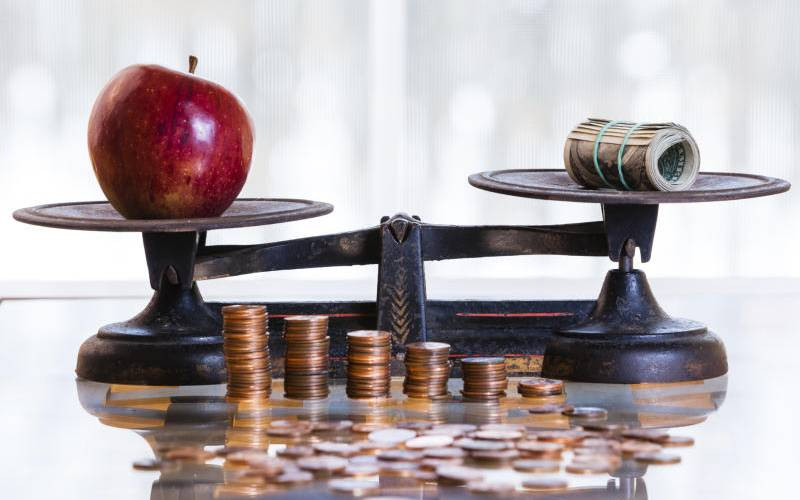×
The Standard e-Paper
Smart Minds Choose Us

The Central Bank of Kenya (CBK) recently announced an increase in its lending rate by 75 basis points. This means that the rate at which CBK lends money to commercial banks will increase from 7.5 per cent to 8.25 per cent.
It also means that commercial banks will increase by the same margin, or even higher, what they charge their clients when lending them money.